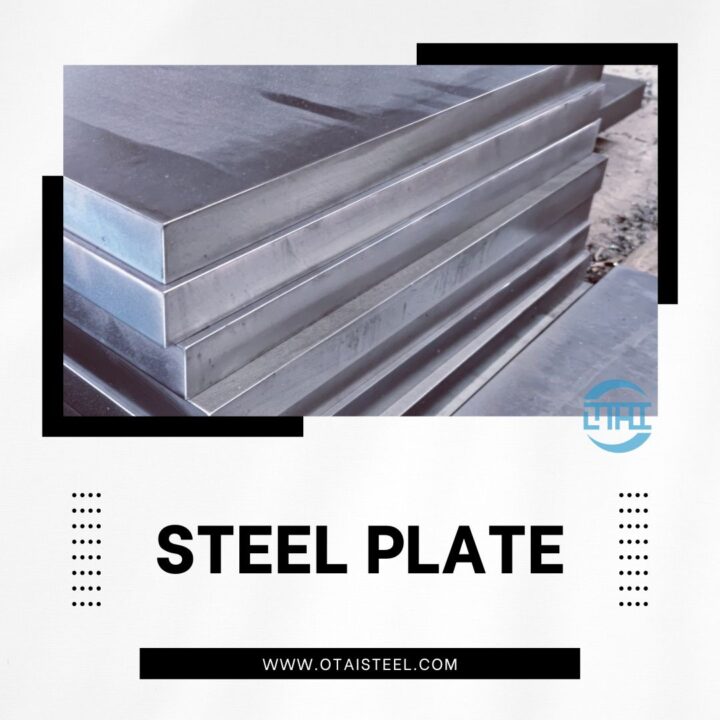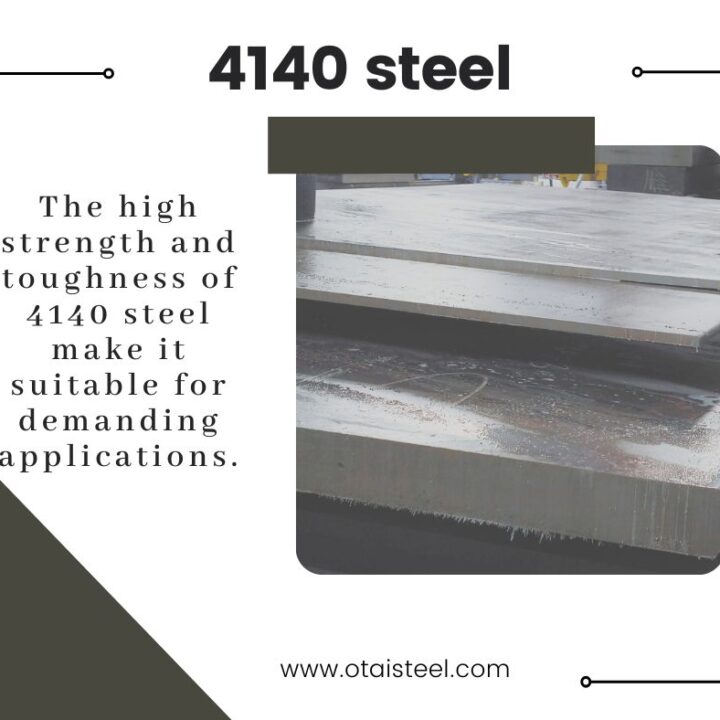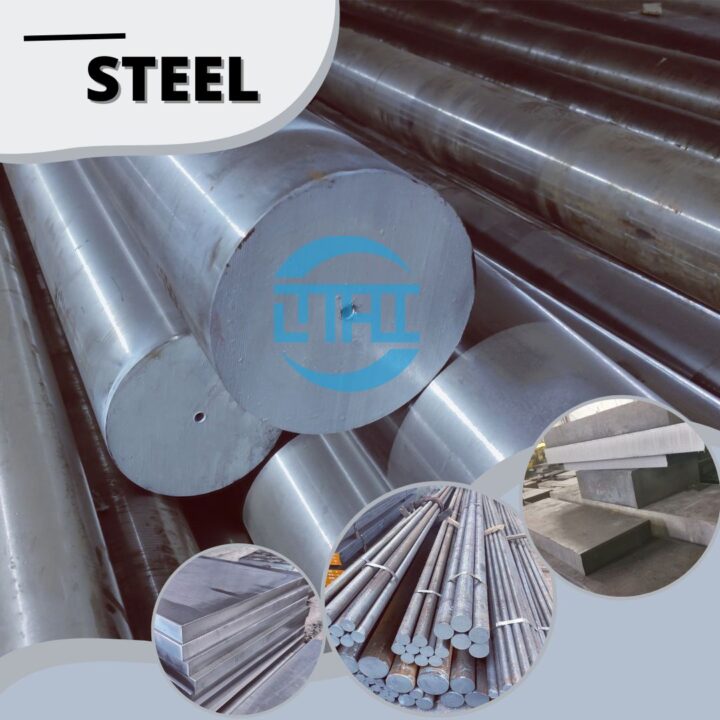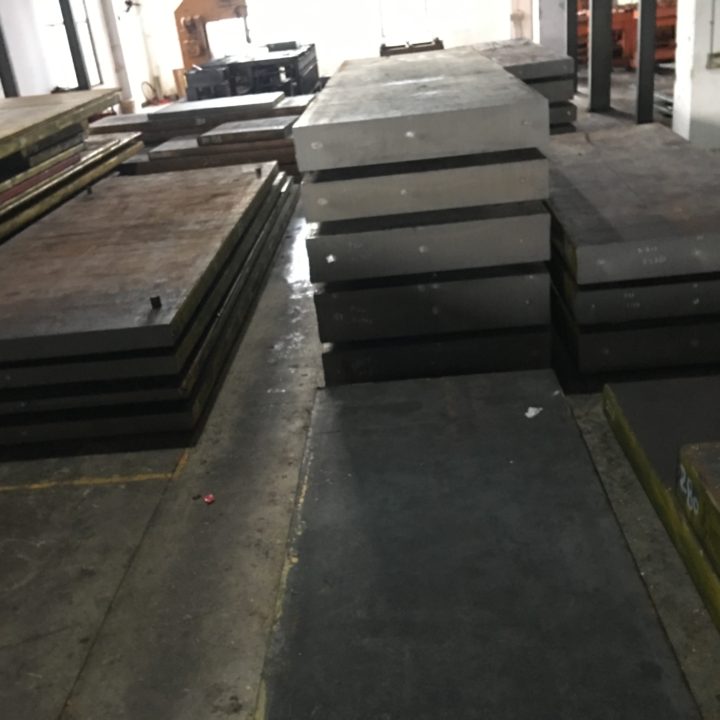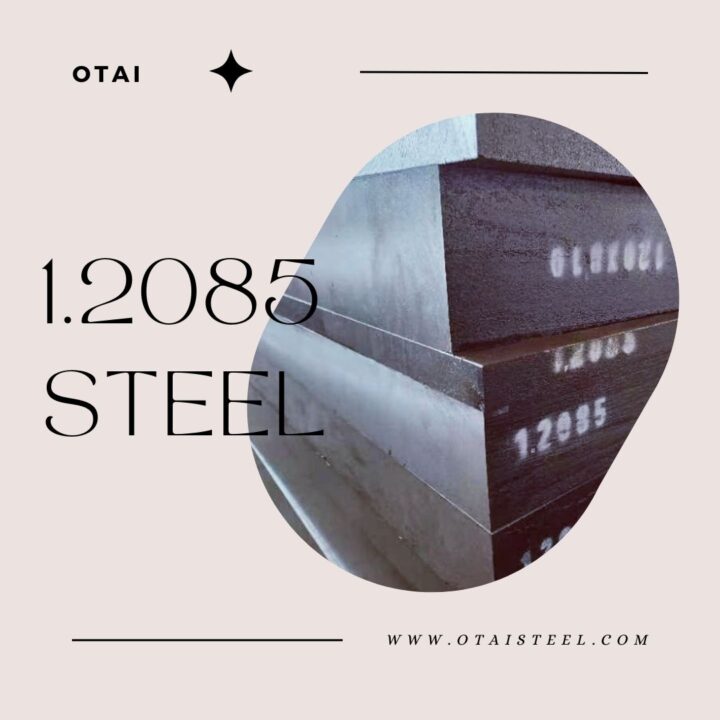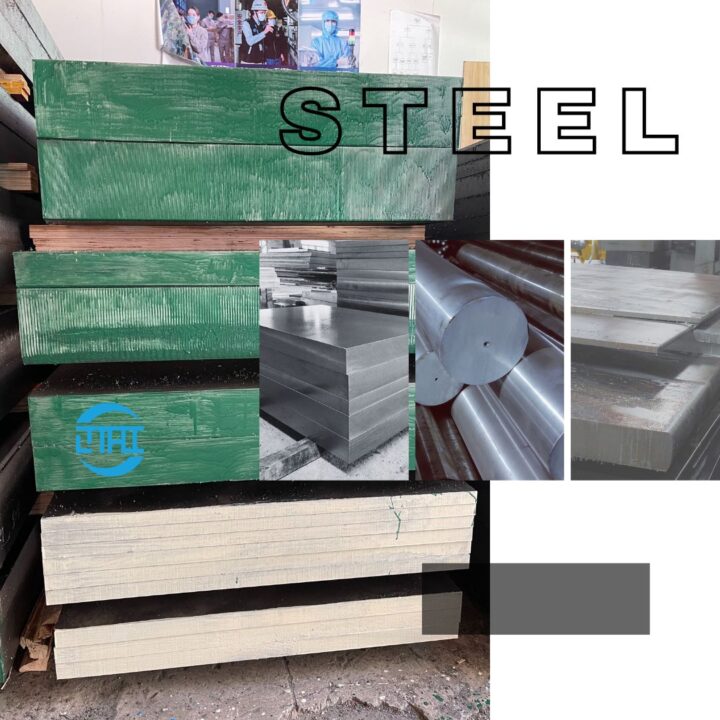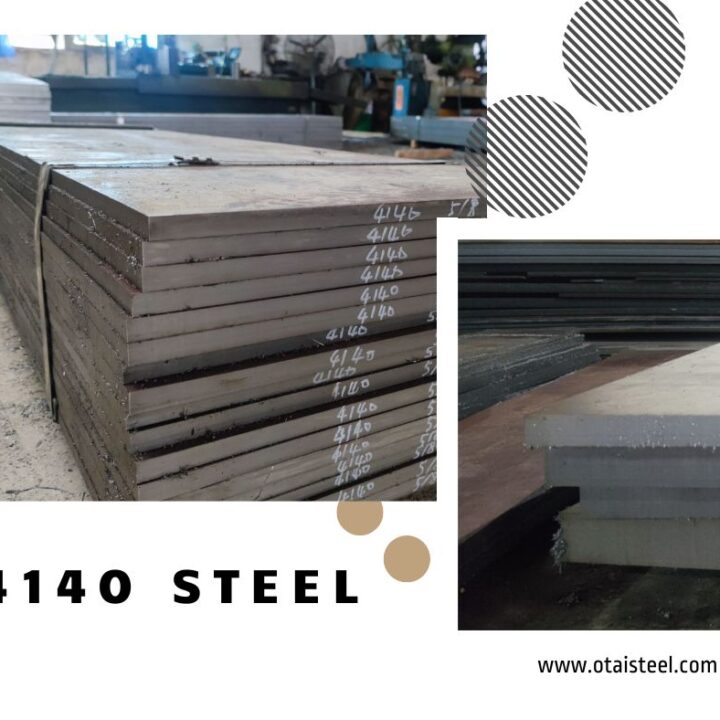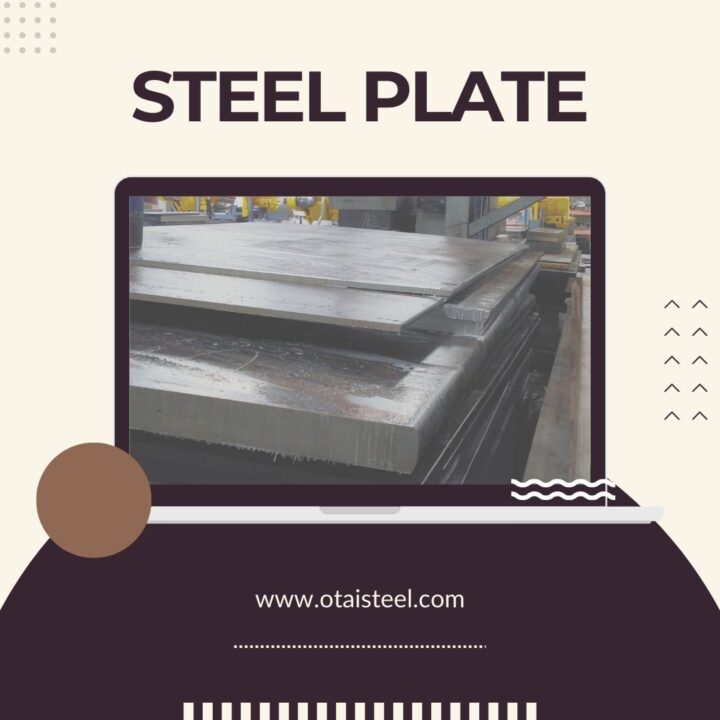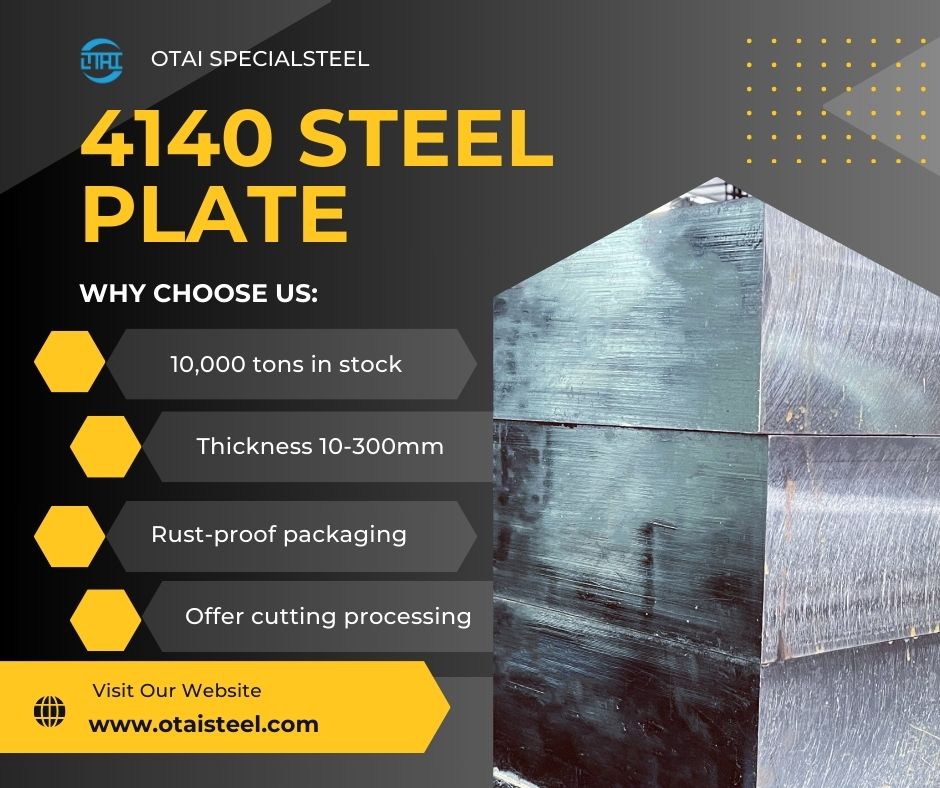 4140 Steel Hardness Explained: Delving into Its Toughness
4140 Steel Hardness Explained: Delving into Its Toughness
In contemporary engineering, 4140 steel shines as a symbol of superior strength and durability. This chromium-molybdenum alloy epitomizes advanced metallurgical innovation. Found in high-performance machinery, from racecars to spacecraft, 4140 is crucial in advancing industrial technology.
**The Genesis of 4140 Steel: An Elemental Journey**
The distinct properties of 4140 steel arise from its composition of carbon, chromium, and molybdenum. Carbon contributes essential hardness, while chromium and molybdenum enhance wear resistance and toughness. This alloying results in a steel that excels in hardness without sacrificing ductility, making it vital for demanding applications.
**Hardness: A Defining Feature**
Hardness is not merely a characteristic but a mark of its reliability. Its hardness can be precisely adjusted through heat treatment, making it ideal for parts subjected to substantial stress and strain. The balance between hardness and ductility in 4140 steel represents a pinnacle of metallurgical success, providing a material that merges toughness with resilience.
**Heat Treatment: The Performance Enhancer**
The transformation of 4140 steel from raw material to high-performance product is largely attributed to heat treatment. This process involves a series of thermal treatments that unlock the steel’s full potential. By quenching to form martensite and tempering to refine its microstructure, heat treatment prepares 4140 material for rigorous applications.
**Machining 4140 alloy: Precision in Practice**
Machining 4140 steel demands skill and precision. Its high hardness requires specialized tools and techniques. Machinists must adeptly handle the material to achieve components of exceptional accuracy and strength, showcasing the steel’s full potential when processed correctly.
**Applications: A Broad Spectrum**
4140 steel exhibits impressive versatility across multiple industries. Its uses include precision components such as gears for high-end watches, durable axles for heavy trucks, intricate parts for aerospace engines, and crucial elements in oil rigs. These varied applications highlight the steel’s ability to meet and surpass stringent performance standards in diverse and demanding environments.
**Market Dynamics: Cost vs. Value**
4140 steel commands a higher market price due to its exceptional properties and the complex production methods required. This cost is often justified by the steel’s outstanding performance and durability. For sectors where failure is not an option, It offers a cost-effective solution over the long term.
**The Future of 4140 Steel: Embracing Progress**
Looking forward, 4140 alloy is poised for further advancements. Ongoing research aims to enhance its properties and broaden its applications. Innovations such as additive manufacturing and integration with smart materials are on the horizon. Additionally, sustainability and circular economy principles are driving advancements in steel production. Ensuring that 4140 continues to be a material of strength and responsibility.
**Conclusion: A Legacy of Excellence**
4140 steel exemplifies the height of human ingenuity and industrial advancement. Its enduring strength, durability, and superior performance make it a cornerstone of modern engineering. As technology advances, this steel will remain a key material, setting the standard for engineering excellence.
